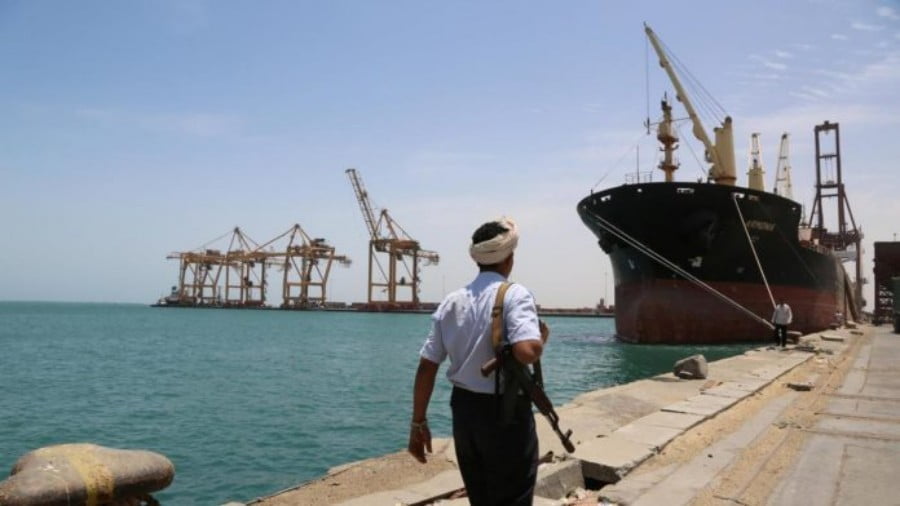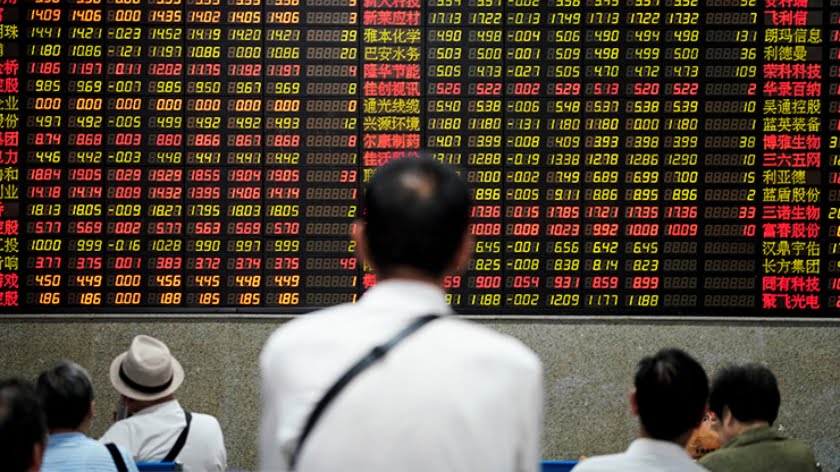Egypt and the GERD Issue
African leaders are expected to head to Addis Ababa to attend the two-day African Union (AU) summit, scheduled to convene on February 5 and 6. The meeting will address a long list of conflicts — including militant and terrorist activities, management of natural resources, and internal disputes — that are stirring instability across the continent. Much attention is likely to be paid to developments in Mali and Burkina Faso, where internal and regional power plays are undermining the already frail stability of the Sahel and Sahara zone, and to developments in East Africa where Somalia, Sudan, and Ethiopia all face threats to their security. The dispute between Ethiopia and Egypt and Sudan over the Grand Ethiopian Renaissance Dam (GERD) is also expected to take up attention, especially on the fringes of the summit.
In addition, the AU summit will see the AU presidency handed over from the Democratic Republic of Congo (DRC) to Senegal. The latter will thus become the third AU president, following South Africa and DRC, to take on responsibility for mediating a final, comprehensive, and legally binding agreement on the filling and operation of GERD.
Days ahead of the summit, Ethiopian Prime Minister Abiy Ahmed issued a seemingly conciliatory message to Egypt and Sudan, stressing that GERD will have “multiple benefits for the two downstream countries of Sudan and Egypt, as well as for East Africa at large.” Ahmed added that “as a hydropower dam” GERD will “not consume water,” and thus cannot harm the water needs of downstream countries. Instead, he said, it will help regulate the flow of water in the best interest of Sudan and protect it against devastating floods. Egypt, Ahmed argued, will also benefit from GERD’s water conservation which will prevent “the wastage of billions of cubic metres of water to evaporation in downstream flood plains.”
A government official in Cairo, cited by Al-Аhram, argued that this Ahmed’s final point gives “the lie to Ethiopia’s plans.” The prime minister of Ethiopia, like his predecessors, has indicated once again that GERD is not just about hydropower. “The real objective, the hidden intention, is to create a water bank.” He added that this is not something to which Egypt can ever agree.
Ethiopia is going to chop down 17,000 hectares of woods around Grand Ethiopian Renaissance Dam as a part of engineering works aimed at the third filling of dam reservoir. The country said that it would have the works finished within two months. If the work is complete, Addis Ababa would be able to save 10.5 billion cubic meters of water by the end of this year’s rain period. The stated goal is to add 10 billion cubic meters of water annually until the target of 74 billion cubic meter is reached. Although electricity output would entail more water flow to Egypt and Sudan, it would also mean that Addis Ababa has unilaterally decided to fill the dam for the third time without striking any deals. The announcement about forest clearance was made during the meeting of Ethiopian Minister of Irrigation Aisha Mohammed Mussa and El-Shazly Hassan, the governor of the Benishangul-Gumuz region, where the dam is situated. The statement that came out after the meeting said that deforestation would be completed within 60 days of starting work. Before the second filling in last July, the Ethiopian authorities had cleared 4,854 hectares of land.
Cairo has repeatedly stated that it does not object to Ethiopia using the dam to generate the electricity needed to fulfil its development plans. Egypt, however, is opposed to any steps that could compromise the already insufficient Nile water reserves or make those supplies unpredictable. Like Sudan, Egypt seeks assurances that any GERD failure would not cause sudden and uncontained floods in the downstream countries. “We have seen great reluctance on the part of Ethiopian delegations to address the need for a timely and transparent mechanism to exchange information, or for dispute settlement,” the Egyptian Ministry of Foreign Affairs said. Cairo’s experience of negotiations over the past seven years had made it clear that the statement by Ahmed was no more than an attempt to pay “lip service” to Egyptian and Sudanese concerns and “improve his regional and international image.”
Ahmed’s image, political analysts think, has been undermined not only by his repeated blocking of an agreement over GERD, but “because of the human rights atrocities he has committed against his own people in the war against the Tigray.” A lot of diplomats note that the prime minister of Ethiopia is aware that he will face considerable pressure during the AU summit if he opts to act aggressively on a number of fronts. Placed under international pressure, Ahmed had recently ordered the release of high-profile political prisoners, issued his statement on GERD, and met with Mohamed Dagalo, the vice president of Sudan’s Transitional Council, to discuss the border dispute between Addis Ababa and Khartoum over Fashqa.
Two days after Ahmed issued his statement, Foreign Minister Sameh Shoukri stressed that as far as Cairo is concerned, what counts is genuine political will to reach a final agreement to end the dispute over GERD. While Shoukri’s remarks did not directly comment on Ahmed’s statement, Water Resources Minister Mohamed Abdel-Ati directly addressed Addis Ababa’s failure to respond to Egypt’s and Sudan’s repeated requests for reassurances on an information exchange and dispute mechanism, as well as on details of GERD’s security specifications. Despite the international pressure Ahmed has come under to end the war in Tigray, there is little expectation in Cairo that such pressure will lead to him significantly changing his position both on Tigray and GERD issues.
Egypt and Ethiopia are both trying to lobby the AU’s incoming Senegalese presidency to their side, and have been actively wooing other African states to support their positions. The two countries are also tussling to secure Sudanese support. “What we are working on is to lobby for as much support as possible for our demand Ethiopia honor its commitment to sign a comprehensive and legally binding agreement on the filling and operation of the GERD,” said the Egyptian government official, adding that Cairo is talking to the Senegalese, other members of the AU, the Europeans, and the Americans.
Egypt’s message set forth in Al-Ahram is clear: the resumption of talks must include the parameters and a tentative deadline for a comprehensive and a legally binding agreement. The idea of a tentative agreement that seemed to be in the works last year is no longer on the table. GERD negotiations last ground to a deadlock in April 2021, two months ahead of Ethiopia’s execution of a second filling of the dam reservoir.
Construction of the dam began in April 2011, and Ethiopian officials now say the long-delayed operation of GERD’s first two turbines will begin shortly. For Cairo, however, whether or not the turbines do enter an operational phase is far less important than what happens come the rainy season in July. Will Addis Ababa then go ahead with its threatened third unilateral filling? While officials in Cairo say Egypt has been successful in managing its water resources in the last two years this is partly due to heavy rainy seasons, and there is no guarantee that such heavy rainfall will continue.
In a post on Facebook, Prime Minister Mustafa Madbouli said that Cairo is interested in resuming talks to resolve technical and legal points of contention and reach a balanced deal. “The deal should take into consideration Egypt’s water scarcity and reliance on the Blue Nile’s water,” he said. Madbouli added that developments in Nile Basin countries were a priority for Egypt and that his country has provided aid and expertise to help secure stability in its neighbors.







